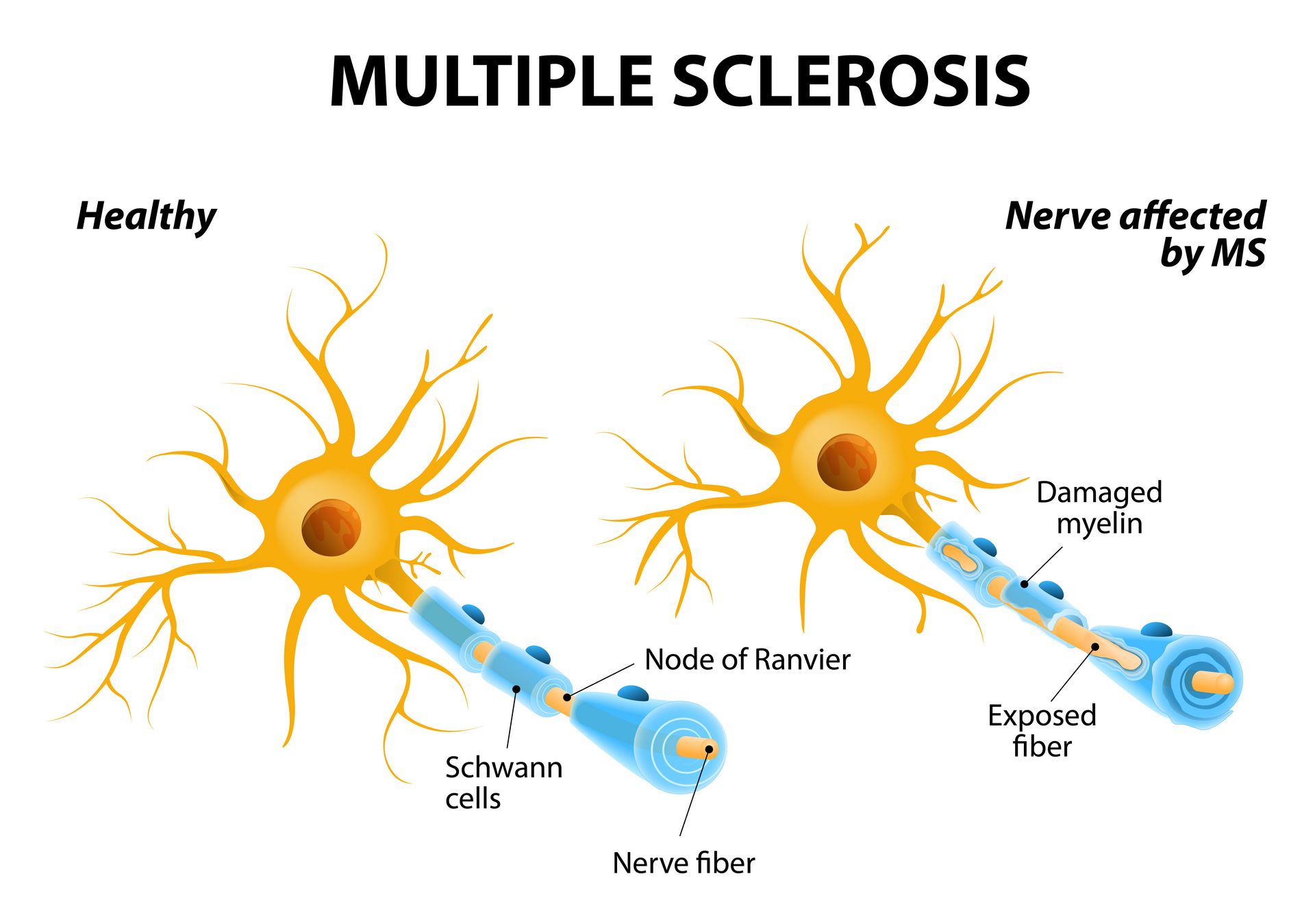- Nutrition made easy by Paolo Lamparelli
- Posts
- Issue no. 101:📰 Brain, body, and heart health: How the ketogenic diet is reshaping health research
Issue no. 101:📰 Brain, body, and heart health: How the ketogenic diet is reshaping health research
Reading time: 3 minutes
Welcome to Nutrition Made Easy!
🍵Grab a cuppa and settle in, let's debunk diet myths and simplify nutrition science so you are empowered to make smarter health choices.
This week’s nutrition articles:
🥑 Ketogenic diet and heart health in people with early diabetes
🧠 High-fat diet and multiple sclerosis
👴 High-fat diet and brain ageing
🥑 Ketogenic diet and heart health in people with early diabetes

A new study has found that people with prediabetes or newly diagnosed type 2 diabetes who naturally produce more ketones - molecules made when the body burns fat - may have a healthier heart profile.
This study also challenges the classic view of LDL cholesterol as a straightforward risk marker of cardiovascular disease.
Researchers compared two groups:
One with enhanced ketogenic capacity (higher levels of ketones)
One with lower ketogenic capacity
Both groups had high levels of LDL cholesterol, but the high-ketone group had:
Larger LDL particles, which are considered less harmful
Fewer small, dense LDL particles, which are linked to heart disease
Lower levels of oxidised LDL, a marker of inflammation and artery damage, and triglycerides
These findings suggest that having a body more capable of producing ketones - like what happens on a ketogenic diet (high fat, low carbohydrate) - might help reduce cardiovascular risks, even when LDL cholesterol is high.
Thus, questioning whether high LDL-C in a ketogenic context really translates into higher CV risk.
The study is observational and with a small sample size, so results should be interpreted cautiously. But it reinforces a growing idea: 𝗹𝗶𝗽𝗼𝗽𝗿𝗼𝘁𝗲𝗶𝗻 𝗾𝘂𝗮𝗹𝗶𝘁𝘆 𝗺𝗮𝘁𝘁𝗲𝗿𝘀 𝗺𝗼𝗿𝗲 𝘁𝗵𝗮𝗻 𝗾𝘂𝗮𝗻𝘁𝗶𝘁𝘆.
🥊 Summary
People with early diabetes who produce more ketones may have healthier cholesterol profiles, hinting at heart benefits from a ketogenic diet
🧠 High-fat diet and multiple sclerosis

A recent systematic review looked at whether the ketogenic diet (KD) could be safe and helpful for people living with multiple sclerosis (MS): a chronic condition that affects the brain and spinal cord.
The review analysed several studies and found that people with MS who followed a ketogenic diet experienced:
Reduced inflammation – downregulation of pro-inflammatory enzymes (such as ALOX5, COX1, COX2).
Gut microbiome normalization after about 6 months on KD.
Improved body composition: decreased fat mass, increased lean mass, with favourable adipokine shifts (↓ leptin, ↑ adiponectin).
Better patient outcomes: significant improvements in fatigue, depression, sleep quality, and overall quality of life.
Improved neurological function: walking ability, and manual dexterity.
High adherence at around 80% at 6 months, with benefits persisting partially even after the intervention
The ketogenic diet works by shifting the body’s energy source from glucose (sugar) to ketones, which are produced when fat is broken down.
This change provides alternative energy for neurons, reduces oxidative stress, and attenuates neuroinflammation; thus addressing both inflammatory and neurodegenerative components of MS.
🥊 Summary
Early evidence suggests the ketogenic diet may safely improve fatigue and quality of life in people with multiple sclerosis.
🧠 High-fat diet and brain ageing

New research suggests that the ketogenic diet - a high-fat, low-carb eating plan - may help protect the ageing brain.
In a study on older rats for 10 weeks, those fed a ketogenic diet showed better memory, less brain inflammation, and higher levels of brain-friendly molecules compared to those on a regular diet.
Even when the gut microbiome was disrupted by antibiotics, the ketogenic diet still improved memory and reduced brain inflammation.
This hints at the diet’s resilience-boosting effects, potentially making it a powerful tool against age-related cognitive decline.
However, the study also found that antibiotics alone could temporarily impair memory, raising concerns about their impact on brain health in older adults.
🥊 Summary
A ketogenic diet supported cognitive function and reduced neuroinflammation during aging, even when gut health is compromised.
And finally!
🌟If you want tailored nutrition and lifestyle plans, you can apply for 1-on-1 sessions with me here
🌟If you enjoy the free education and are keen to support, consider buying me a coffee here
To your health!
Hungry for more reading?
Why not read the most read articles?
Reply